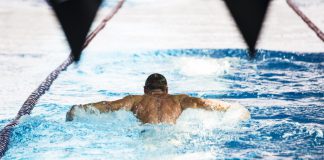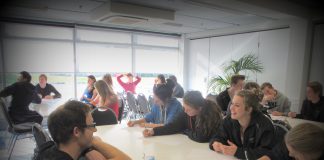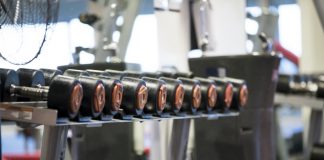It can be very frustrating when you are playing sport, training for an event, or simply exercising to try to live a healthy lifestyle, and you are taken out by injury. It never ceases to astonish people how quickly the body will decondition with rest, and how long it seems to take to get back to pre-injury fitness or strength after recovering.
However, there is plenty that can be done while you manage your injury. Rest is important for recovery but it can be “relative” – as in relative to that injury. Here are some things that tend to allow recovery while challenging strength and fitness:
1. Aqua jogging / hydrotherapy
Often dismissed as exercise for the elderly or the pregnant, deep water running and fitness is undergoing a renaissance. If you move slowly through water, you will enjoy a nice relaxing experience (this can also be good for your health) but if you move quickly, you will get a very intense workout that will build your strength and challenge you cardiovascularly. These exercises tend to be standing in water or using a floatation belt, not swimming traditional lengths, which can aggravate some injuries including shoulders, necks and knees (depending on the stroke).
2. Stationary bike
Yes, it is often about as stimulating as watching paint dry, but the humble stationary bike will be kind to many injuries, particularly those of the lower limbs, while also allowing you to maintain your fitness and strength. Some hip and back injuries may be aggravated by the bike so a case-by-case basis needs to be applied here but for the most part, it is a safe place to start.
3. Core strengthening
Depending on your injury, core strengthening may well be part of your rehab anyway. No, please don’t jump on any machines or plough through a set of crunches! There are a great deal of core exercises you can do lying in a safe and supported position on a mat that generate a great deal of work in your muscles without stressing other parts of your body. A physio will be useful here to write you a programme that can be executed at the gym or at home.
4. Upper or lower body strengthening
This one depends entirely on your injury. But if you are nursing a knee injury back to health, there is no reason why you can’t continue to do upper body strengthening using either machine or free weights in a seated position. Similarly, a shoulder injury need not eliminate lower limb strengthening exercises from your routine. A little tweaking of your exercises can have you continuing to build – or at least maintain – your strength while your injury resolves.
We know how important it is for your physical, emotional and mental health to be able to continue to stay active through injury. It might not always be your preferred method but there are often many exercise options available. For any advice on how to continue exercising through injury, come in and see one of the team at HealthZone Physiotherapy.
Contact HealthZone Physiotherapy today on: (09) 477 2098





































